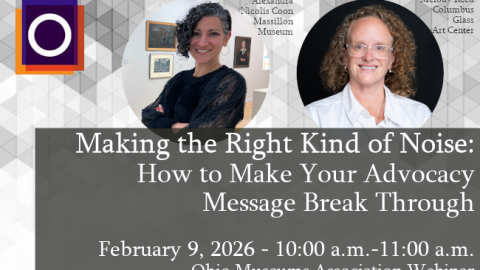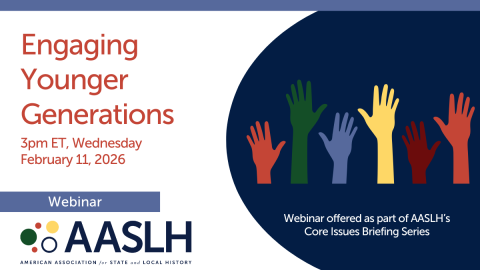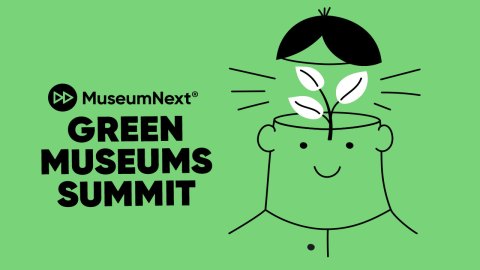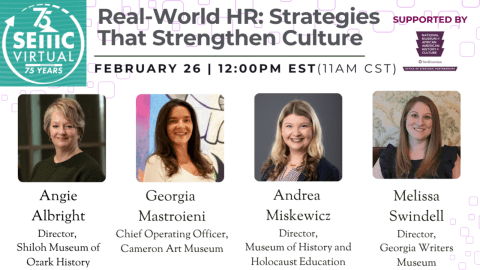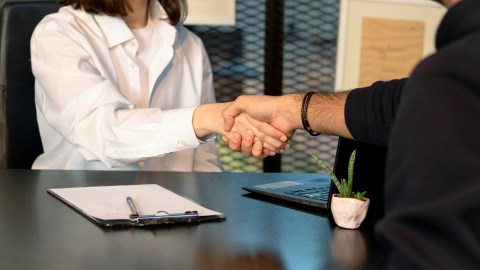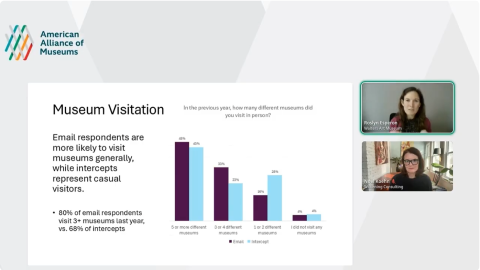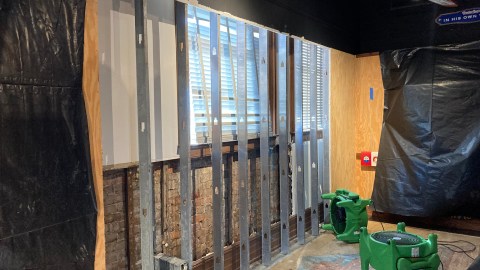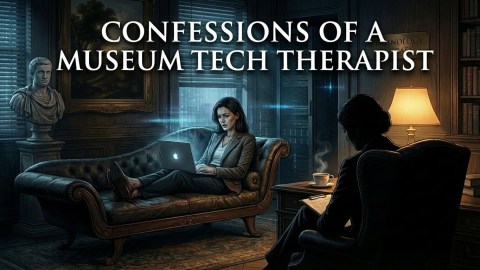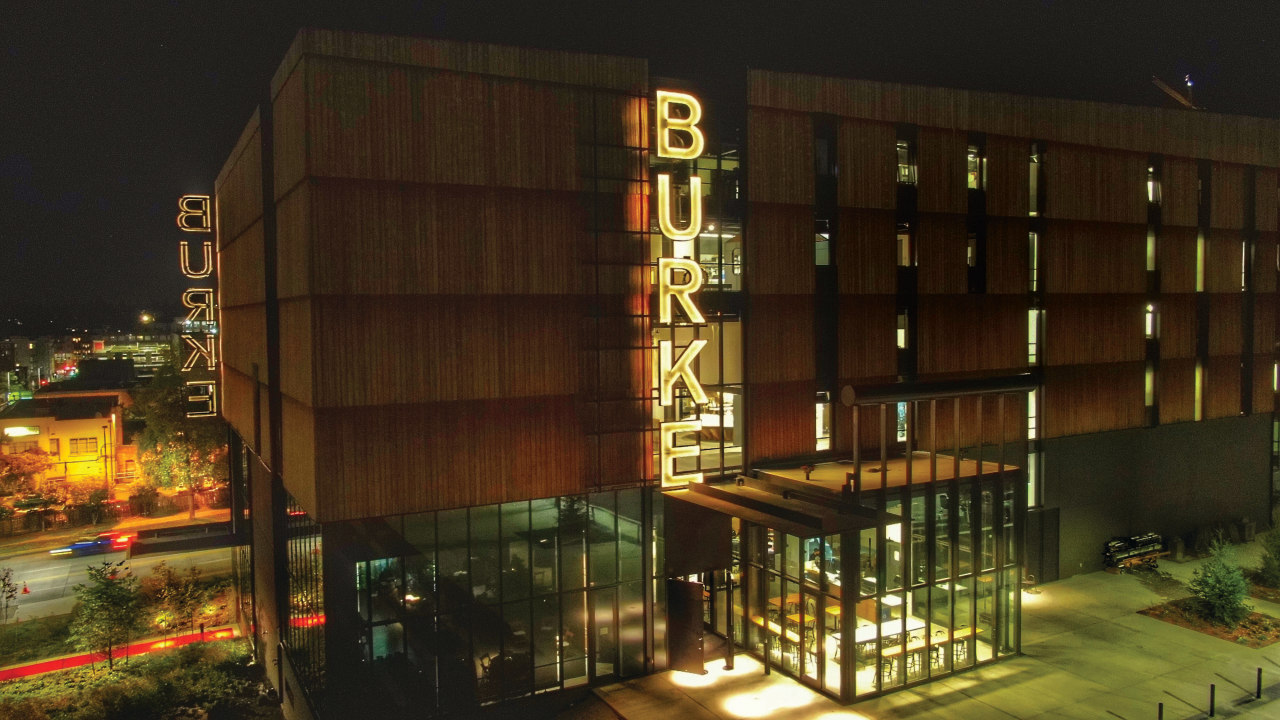
In the spring of 2013, a group of Pacific Islander students at the University of Washington (UW) in Seattle created the first version of an initiative known as Research Family. As its name implies, Research Family brings family-like relationships into an academic context and centers Pacific Islander students’ families as well as Indigenous Oceanic knowledge, values, and languages in collections-based research. Hosted at the Burke Museum of Natural History and Culture under the guidance of Dr. (Aunty) Holly Barker, Curator of Oceanic and Asian Culture, the program was designed to activate the Pacific Islander cultural collections and open research opportunities for undergraduate students who were underrepresented in the university. Its purpose is to build access to a “counterspace” that establishes a place of belonging and supports students holistically as they go through their educational journey (Micere 2020).
In addition to creating a sense of family and belonging at a predominantly white institution, Research Family actively involves Pacific Islanders in indigenizing efforts at the Burke Museum. Pacific Islander students learn from family and community members about how to access and interpret the intellectual knowledge in the cultural collections and represent their communities’ knowledge to the broader public in venues such as the UW Undergraduate Research Symposium, Association for Social Anthropology in Oceania, and National Conference on Race and Ethnicity. On a campus where Pacific Islander students make up less than 1 percent of the just over sixty-two thousand students at UW, Research Family brings visibility to Pacific Islander intellectual contributions embodied in the cultural collections at the Burke Museum (University of Washington 2025). Where the collections from Oceania once sat in silence, students now breathe life into these cultural pieces through storytelling, dialogue, and laughter.
Research Family’s Values and Frameworks
Research Family members come from a variety of programs, fields of study, and backgrounds. As a result, they approach community concerns with different skill sets and perspectives, emphasizing holistic and collaborative approaches to research. Their work uses Indigenous Oceanic research methods to cultivate connections between their home and university lives while supporting academic success. Students host events with significant historical importance to their communities, invite elders to the Burke Museum to support intergenerational learning, and advocate alongside community members and leaders to address socio-economic injustices. They maintain relationships with their ancestors through active engagement at the Burke Museum as a means of healing intergenerational traumas and reconnecting to their heritages and cultural roots. Since the day Research Family was formed, the interactions and experiences it cultivates have supported the well-being of students and their extended communities.
Research Family also pushes the boundaries of what “traditional” research looks like across different disciplines as it pursues more equitable opportunities for marginalized communities. Research Family was built from the development of Indigenous Oceanic methods and praxis (practices) in a museum context. Praxis ensures that research is rooted in the real-life experiences of Pacific Islanders. Without it, the research and work within the museum would lose connection and meaning.
Two scholars and their works have greatly inspired the trajectory of Research Family: Shawn Wilson, author of Research Is Ceremony, and Linda Tuhiwai-Smith, who wrote Decolonizing Methodologies. Both scholars illuminate ways of understanding research from a perspective outside the Western academy. Tuhiwai-Smith (2012) shows that there are more suitable methodologies and research frameworks for addressing the needs of communities in culturally relevant ways and resisting the harmful, violent, and largely misleading research of many Western researchers and institutions. Wilson (2008) emphasizes that Indigenous knowledge is not passed down just through writing but through doing and through relationships. Without these relationships, information may not pass down from one generation to the next, leading to the loss of knowledge.
Everything that is Research Family connects to students’ lives and academic interests and their desired futures. The goal is to build upon the students’ strengths and skillsets so they can move on to research, advocacy, employment, or any other realm they choose. Testifying in the WA State Legislature to support the reinstatement of healthcare for Micronesian communities and working directly with communities in American Samoa to study deep, historical connections of culture and marine biology are but two examples where UW students have used their Research Family education and training to impact their communities—on campus, within the greater Seattle area, and across Oceania.
Expanding Research Family Beyond Oceania
In recent years, Research Family has expanded its reach to include many research families, with the support of UW’s Center for American Indian and Indigenous Studies and the Henry Luce Foundation. During the 2019–2020 school year, Research Family grew from one group to several Pacific Islander-centered families focusing on the Compact of Free Association (the legal agreements held between several Micronesian countries and the United States), Samoan culture, and Indigenous Oceanic research methods. The 2020–2021 academic year marked the start of a Research Family for Pacific Islander graduate students. Today, Research Family includes faculty and student-led collections-based research with Black, Native, Southeast Asian, and South Asian students, who engage with the cultural collections at the Burke Museum. Using the skills and strengths of students, Research Family continues to push the boundaries of what “traditional” research looks like in higher education, creating more equitable opportunities for marginalized communities while at the same time building counterspaces that create belonging.
Research Family and Counterspace Takeaways
For over a decade at the Burke Museum, Pacific Islander undergraduate and graduate students have made cultural collections more accessible, challenged the status quo of museums and related disciplines, and improved academic and career development opportunities for themselves and fellow students, researchers, professors, and professionals (Tamngin and Barker 2021). Pacific Islander students bring praxis into full view by engaging with frameworks that align better with Pacific Islander values, making education and research more accessible and understandable to and for their communities (Haakanson et al. 2021). Dr. Barker has guided and mentored Research Family for over a decade and continues to be a source of inspiration for the students. Here, Dr. Barker and her fellow Burke Museum curators, Dr. Sven Haakanson and Dr. Sara Gonzalez, discuss the importance of Indigenous communities’ presence within the Burke and how it shifts museum work:
Gonzalez: “To use the structure of and metaphor of the family is a decolonial act—you are reimagining what it is to produce knowledge. Instead of having an individualistic approach, you have a fundamentally different way that speaks to how knowledge is created at home.”
Haakanson: “And that is how we work at home. We work as a community. We work as a family. And that knowledge is so important, but we support each other through that whole process. That is what we do in Indigenous communities.”
Barker: “Yes, knowledge never belongs to a person; it belongs to a community.” (Haakanson et al. 2021, 532).
Research Family as a counterspace is collaborative and Indigenous at heart, acknowledging the roots that many Pacific Islander students carry with them as they make their way through the academy.
References
- Haakanson, S., H. Barker, and S. Gonzalez. (2021). Changing Museum Narratives: A conversation with culture curators at the Burke Museum of Natural History and Culture. In Routledge Handbook of the Archaeology of Indigenous-Colonial Interaction in the Americas (1st ed.).
- Micere, K. (2020). Introduction: It Doesn’t Have to Be Race-Ethnicity to Be about Race-Ethnicity. Campus Counterspaces: Black and Latinx Students’ Search for Community at Historically White Universities. Cornell University Press.
- Smith, L. T. (2012). Decolonizing Methodologies: Research and Indigenous Peoples (2nd ed.). Zed Books.
- Tamngin, R. G., and H. M. Barker. (2021). Research Family: Bridging accessibility divides in academic research through Indigenous Oceanic paradigms. AnthropoLog (winter 2022). https://anthropology.washington.edu/news/2021/11/19/research-family-bridging-accessibility-divides-academic-research-through-indigenous.
- University of Washington. (2025). University of Washington Planning & Budgeting. UW Fast Facts Pride Points 2024–2025. https://www.washington.edu/opb/uw-data/fast-facts/fastfactspridepoints_2024-2025-a11y/.
- Wilson, S. (2008). Research Is Ceremony: Indigenous Research Methods. Fernwood Publishing.
